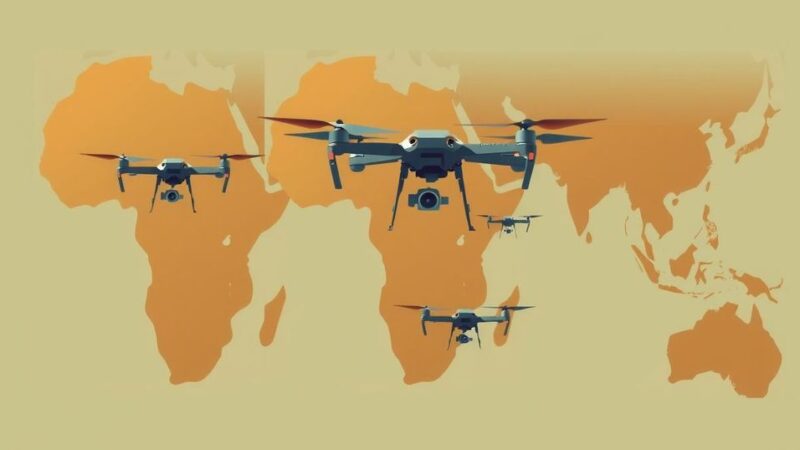The Democratic Republic of Congo has filed complaints against Apple in France and Belgium, alleging the company uses conflict minerals linked to armed groups. Apple maintains it adheres to responsible sourcing standards and has removed non-compliant suppliers, while Congo’s legal representatives argue that Apple is complicit in financing violence and human rights abuses in the region.
The Democratic Republic of Congo has lodged criminal complaints against Apple subsidiaries in France and Belgium, alleging the company’s complicity in using conflict minerals sourced from its mines. Legal representatives for Congo’s justice minister claim that the tech giant is indirectly supporting armed groups operating in eastern Congo, which exploit tin, tantalum, and tungsten. In contrast, Apple has previously stated that its supply chains do not benefit armed groups and operates according to due diligence standards regarding conflict minerals.
Congo’s lawyers assert that Apple’s operations are tainted by the use of so-called ‘blood minerals,’ contributing to a cycle of violence, forced child labor, and significant environmental damage. The complaints filed on Monday to the Paris prosecutor’s office and a Belgian magistrate highlight accusations against Apple France and its retail outlets for covering up war crimes and laundering illicit materials. The filings express that the Apple group is fully aware of the systemic abuses within its mineral supply chain.
Apple has responded by stating that it does not directly purchase primary minerals and adheres to internationally accepted standards for responsible sourcing. The company emphasizes that suppliers are required to undergo independent audits regarding conflict minerals and that it has removed unsuitable smelters from its supply chain. The ongoing situation underscores the complex relationship between technology companies and conflict minerals, particularly in regions such as Congo, where the exploitation of natural resources has been a significant cause of conflict for decades.
The Democratic Republic of Congo is a critical supplier of minerals like tin, tantalum, and tungsten, which are essential for the production of various electronics. Over the years, allegations have arisen linking these resources to widespread violence, notably involving armed groups that control mining operations. The phenomenon of ‘blood minerals’ refers to minerals extracted under questionable circumstances that often finance violent conflicts and human rights abuses. Major companies, including Apple, have been scrutinized for their supply chains and their transparency concerning the sourcing of these critical materials. International expectations and regulations have heightened scrutiny on how companies ensure responsible sourcing to prevent complicity in these abuses.
In summary, the Democratic Republic of Congo’s complaints against Apple highlight ongoing concerns regarding the ethical sourcing of minerals in global supply chains. While Congo’s government alleges that Apple is complicit in financing armed conflict through its supply of minerals, Apple asserts its commitment to responsible sourcing practices. This case exemplifies broader challenges facing technology companies as they navigate complex ethical landscapes in resource-rich regions.
Original Source: www.silicon.co.uk






